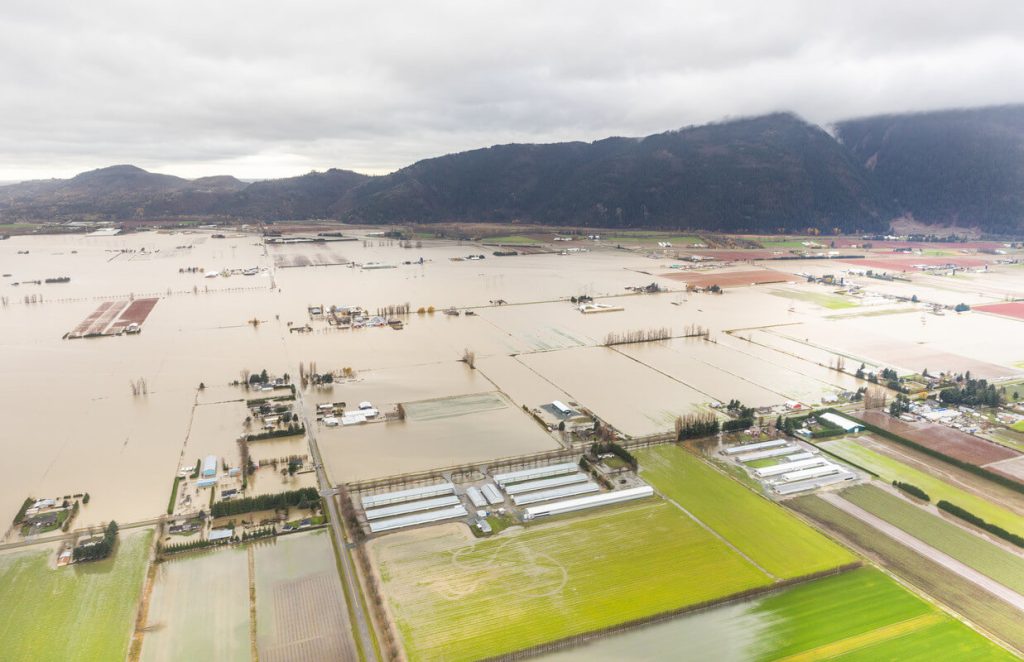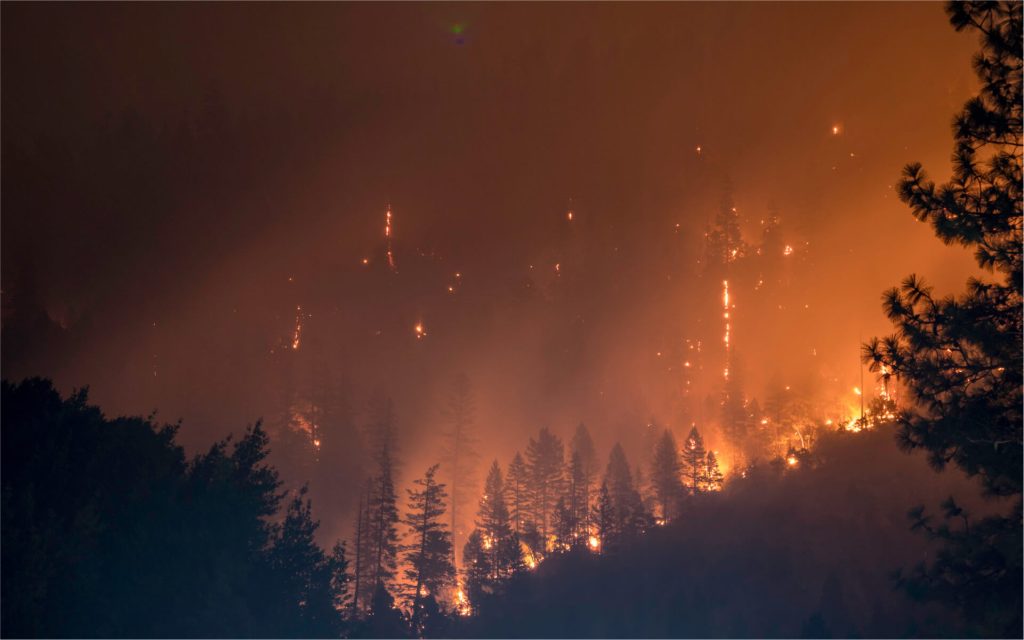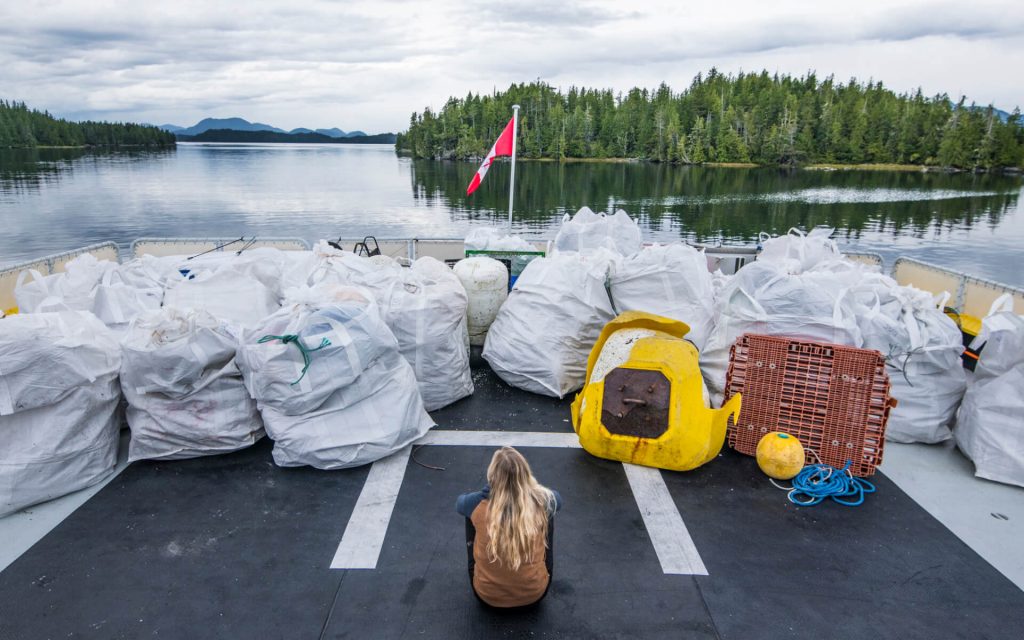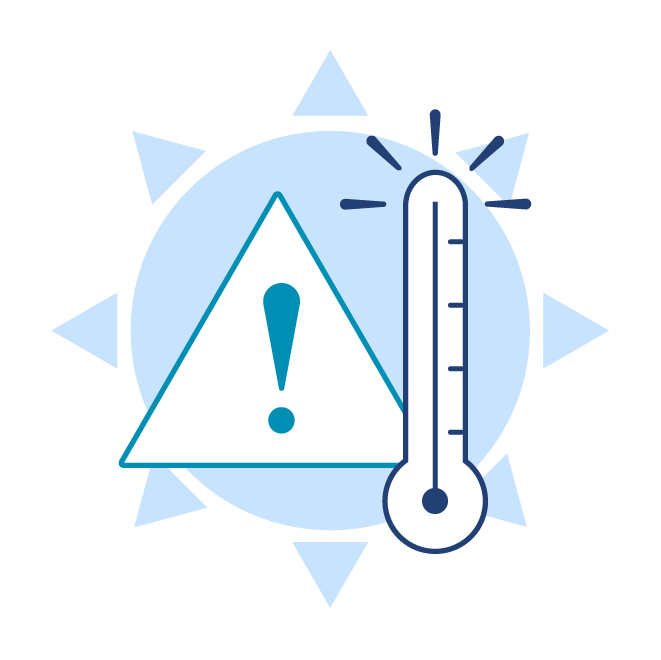Climate change can impact us suddenly, like it did in the summer of 2021
An extreme heat event caused temperatures upward of 45°C in parts of the province. More than 600 people died as a result.
The heat event led into a wildfire season so severe that we were in a state of emergency for two months. Then, in the fall of 2021, an extreme rainfall event led to floods and landslides that cut southwestern B.C. off from the rest of Canada.
These events took lives and destroyed homes, roads and communities. Wildfires, drought, flooding and extreme temperatures continue to affect parts of the province every year.
Climate change can impact us in other, less noticeable ways too. These changes can be gradual enough that we don’t notice right away. But they can have big and long-lasting effects.


Climate emergencies and B.C.
Explore how climate change is impacting our way of life now and into the future.

Extreme temperatures
B.C.’s climate is changing. Our summers are longer and hotter and heat waves are more intense and frequent.
The changing climate also means more unpredictable weather events year-round. Winter storms and extreme cold temperatures are harder to predict and can be more dangerous.

Flooding
As B.C.’s climate continues to warm, increasingly severe and frequent floods will put more and more communities and people at risk.
Winter and spring weather is getting unpredictable, which can lead to less snowpack and earlier and faster melting. Throughout the year, there are more storms and extreme rainfall events. These changes in the flow of water can overwhelm rivers, streams and soil, leading to flooding and landslides.

Wildfires
B.C. is having longer hot seasons, warmer year-round weather and more drought. These changes in the climate are making it easier for wildfires to start and spread.
As B.C.’s climate keeps changing, we will see large wildfires more often.

Drought and water scarcity
As the climate continues to warm, drought and resulting water scarcity will become more common. Drought response is a shared responsibility with the province, the federal government, water providers, regional districts, municipalities and First Nations.

Everything B.C. is doing about climate change
B.C. has an ambitious plan for addressing climate change, and work is already underway. We’re working with people, organizations and communities to reduce our impact on the climate. Together, we’re preparing and adapting.

